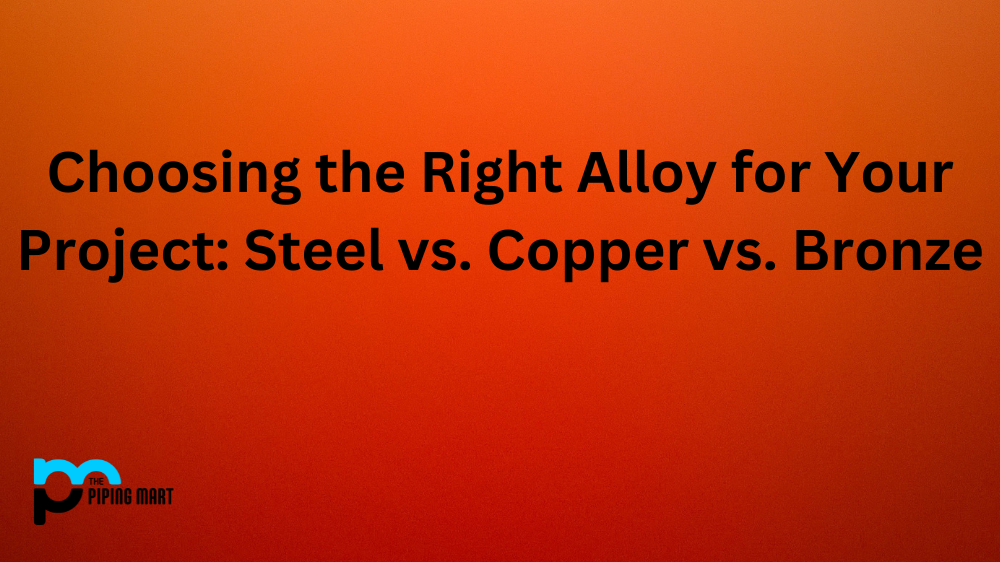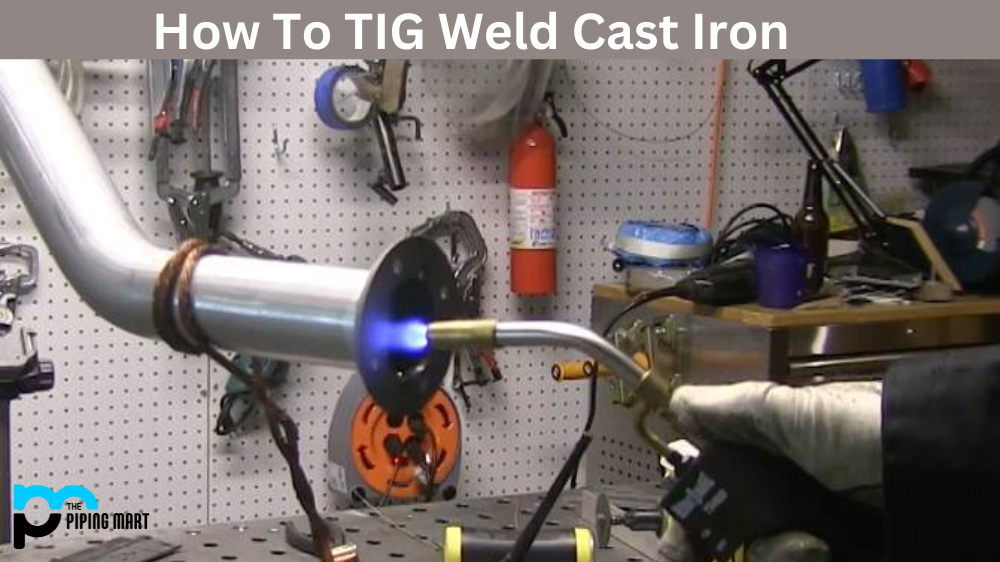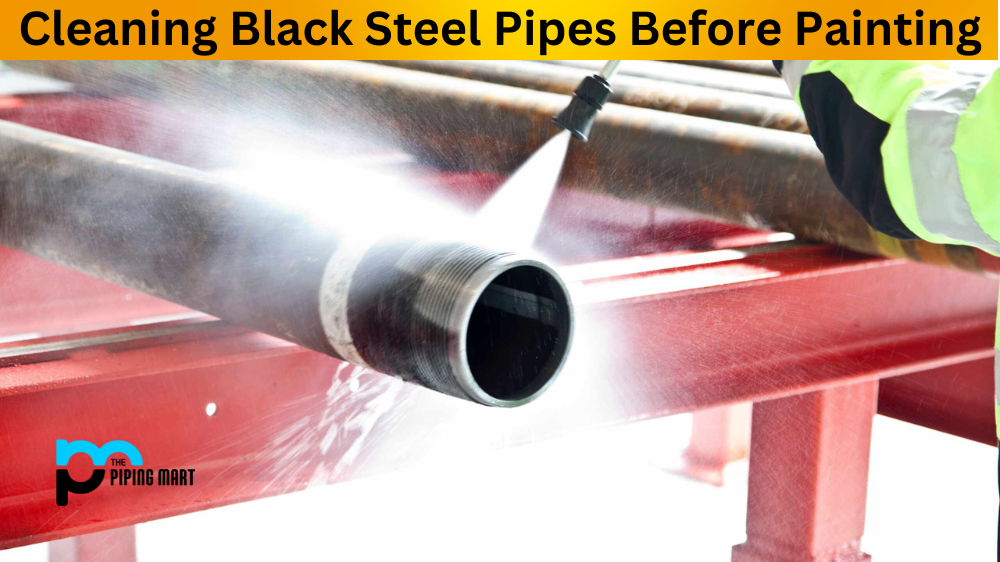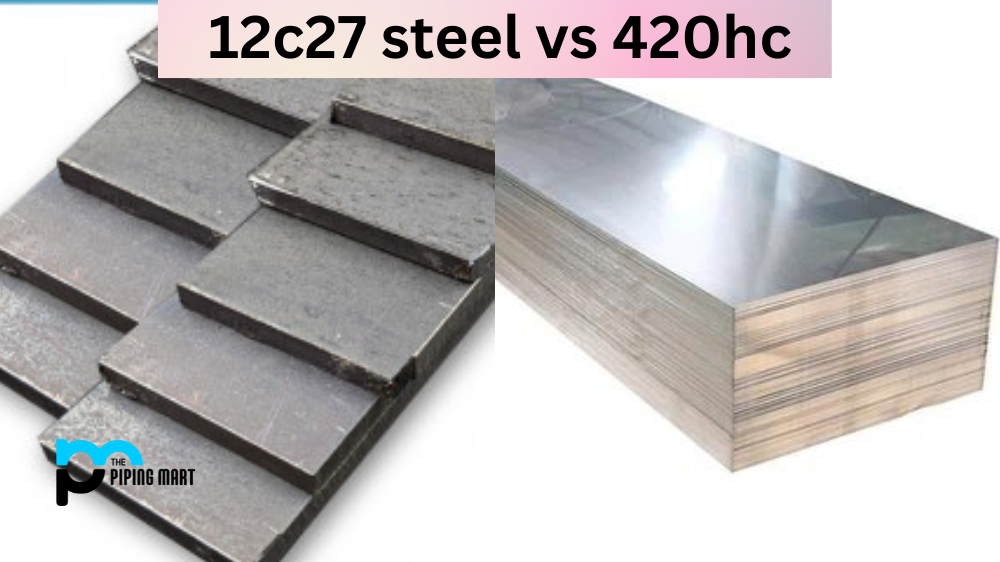When it comes to choosing the right material for your project, you’ll need to consider a variety of factors. One important factor is the alloy you’ll use. Each type of alloy has its own unique properties and advantages that make it suitable for different applications. In this blog post, we will look at the benefits of steel, copper, and bronze alloys so you can make an educated decision about which one is best for your project.
Steel vs. Copper vs. Bronze
Steel Alloys
Steel alloys are some of the most popular materials used in construction projects due to their durability and strength. Steel alloys are strong enough to withstand high temperatures, pressure, and impacts while still remaining lightweight and affordable. Steel is also corrosion-resistant, meaning it won’t rust or corrode over time. This makes it great for outdoor projects where exposure to moisture is a concern. However, steel can be difficult to weld and form into complex shapes due to its hardness.
Copper Alloys
Copper alloys offer a unique combination of strength and flexibility that make them ideal for projects requiring intricate detail work or complex shapes. Copper alloys are relatively soft compared to other metals like steel or bronze, making them easier to shape without special tools or machinery. They also have excellent electrical conductivity, making them ideal for electronic components or wiring applications. However, copper alloys are more expensive than other materials and may not be as durable as steel in high-impact applications such as construction sites or industrial settings.
Bronze Alloys
Bronze alloys provide a good balance between affordability and performance when compared with other metals like steel or copper. Bronze is strong enough to withstand high temperatures while still being flexible enough to form intricate shapes without breaking down under pressure. It also offers excellent corrosion resistance in moist environments, making it great for outdoor projects near water sources or coastal areas that are prone to saltwater corrosion damage over time. The downside is that bronze is more expensive than other materials, such as steel or aluminum, so it may not always be the best choice from a cost perspective, depending on your application requirements.
Conclusion:
No matter what type of project you’re working on, there’s likely an alloy available that can meet your needs perfectly – whether you want something lightweight and affordable like steel or something more intricate like bronze or copper alloys with excellent electrical conductivity capabilities. With careful consideration of your application requirements, budget constraints, and environmental elements, you should be able to find the alloy that works best for your project needs. By understanding the benefits and limitations of each alloy type, you can ensure that the final result will be strong, durable, and suitable for your application needs. Good luck!

Meet Bhavesh, a seasoned blogger with a wealth of knowledge and experience. From metal products manufacturing to retail, Bhavesh has a diverse background in various industries and is dedicated to sharing his insights and expertise with readers.




